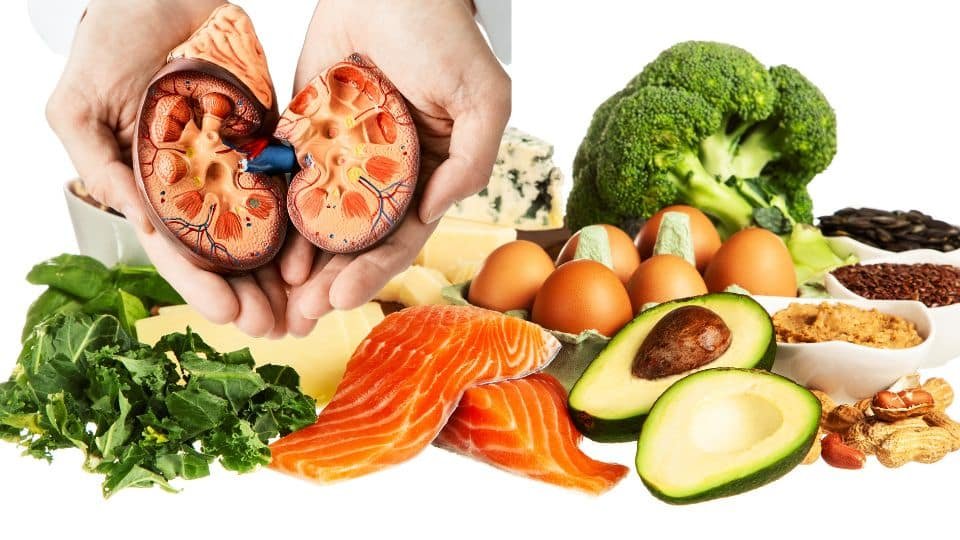Selenium! Have you ever wondered how the things in our environment affect our health?
A recent study published in the journal ‘Science of The Total Environment ‘ sheds light on a concerning mix of pollutants: metals like arsenic, cadmium, and mercury, coupled with pharmaceuticals such as diclofenac and flumequine, which contaminate our water and food.
These pollutants are everywhere, even in the food chain. They affect us primarily by causing oxidative damage in our bodies.
The study looked at how this toxic mix impacted the liver of mice. They used a sophisticated method called ‘shotgun proteomics‘ to see how these pollutants messed with the proteins in the liver. Why proteins? Well, they’re the building blocks in our body, doing all sorts of important jobs.
What they found was astonishing. This pollutant mixture affected over 270 proteins in the liver. These changes caused a chain reaction in the body, triggering stress responses, inflammation, and interference with how the body deals with carbohydrates and fats.
Imagine it like a domino effect. One change in these proteins leads to a whole bunch of things going haywire in the body. The pollutants caused something called ‘reductive stress,’ which messed with how the body deals with toxins and fats. They even initiated a process related to liver conditions like steatosis or fatty liver.
But here’s the interesting part: the study also tested something else. They introduced a trace element, selenium, known for its antioxidant properties, as a dietary supplement to the mice exposed to these pollutants.
And guess what? The selenium supplement seemed to help! It reduced the damage these pollutants caused in the liver. It’s like adding a shield that protects the body from the harmful effects of these pollutants.
You can also view this article: The Surprising Truth: Science Supports Eating More High-Fat Dairy!
So, what does all this mean for us? Understanding how these pollutants affect our body is crucial. It’s like decoding a puzzle. Knowing how they disrupt our systems helps us find ways to protect ourselves.
The use of selenium as a dietary supplement might be a step in the right direction. It could be a shield against the damage caused by these environmental pollutants, offering a way to safeguard our health.
Keep an eye out for future research and recommendations on how we can protect ourselves from these pollutants. Understanding what we eat, how it’s produced, and possibly considering supplements like selenium might help us combat their effects.
Remember, it’s not just about what’s on your plate but also what’s in it. Stay informed, stay healthy.
This research summary was published in the journal ‘Science of The Total Environment.’ Hope this sheds light on the impact of environmental pollutants on our health.
As always, stay curious and stay healthy.
Glossary:
- Pollutants: Substances that contaminate the environment and have harmful effects on living organisms.
- Metals:
- Arsenic: A toxic metal that can be found in certain environmental sources.Cadmium: A heavy metal with toxic properties, often found in industrial processes.
- Mercury: A heavy metal that can have harmful effects on human health, often present in polluted water.
- Pharmaceuticals:
- Diclofenac: A nonsteroidal anti-inflammatory drug (NSAID) commonly used for pain relief.
- Flumequine: An antibiotic used in veterinary medicine.
- Oxidative Damage: Harm to cells caused by reactive oxygen species, leading to various health issues.
- Shotgun Proteomics: A sophisticated method for analyzing the complete set of proteins in a biological sample.
- Reductive Stress: Disruption in the balance of oxidative and reductive processes in the body.
- Steatosis (Fatty Liver): Accumulation of fat in the liver cells, potentially leading to liver problems.
- Selenium: A trace element known for its antioxidant properties, essential for various bodily functions.
- Antioxidant Properties: The ability to neutralize harmful free radicals in the body, protecting cells from damage.
- Journal ‘Science of The Total Environment’: The specific scientific journal where the study was published.
Journal Reference:
Paula V. Huertas-Abril, Juan Jurado, María-José Prieto-Álamo, Tamara García-Barrera, Nieves Abril. Proteomic analysis of the hepatic response to a pollutant mixture in mice. The protective action of selenium. Science of The Total Environment,Volume 903,2023,166558,ISSN 0048-9697, https://doi.org/10.1016/j.scitotenv.2023.166558



 By
By










